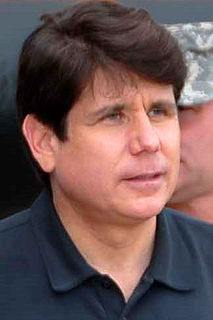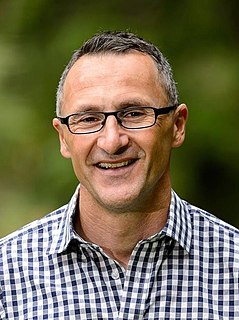A Quote by James Magnussen
Movember is an event that I've supported for a number of years. I haven't grown a moustache myself before, but I've always donated to others. I think that raising awareness for men's health is really important. You see a lot of initiatives - very public initiatives - around women's health, like breast cancer awareness and the like, but men's health issues tend to go more unnoticed. I think this is a great cause and I'm proud to support it.
Quote Topics
Always
Around
Awareness
Before
Breast Cancer
Cancer
Cancer Awareness
Cause
Event
Go
Great
Grown
Health
Health Issues
Important
Initiatives
Issues
Like
Lot
Men
More
Moustache
Myself
Number
Others
Proud
Public
Raising
Raising Awareness
Really
See
Support
Supported
Tend
Think
Unnoticed
Very
Women
Women's Health
Years
Related Quotes
My colleagues from the Department of Health Behavior and Health Education are working on participatory public health initiatives in Michigan, and there is much that we can learn from each other. In fact it is essential that we strengthen efforts to learn from each other, and stop considering public health in the third world and in the U.S. as separate intellectual and practical endeavors.
Although a government study found that men's health was much worse than women's health or the health of any minority group, headlines around the country read: 'Minorities Face Large Health Care Gap.' They did not say: 'Men Face Large Health Care Gap.' Why? Because we associate the sacrifice of men's lives with the saving of the rest of us, and this association leads us to carry in our unconscious an incentive not to care about men living longer.
Furthermore, we believe that health care reform, again I said at the beginning of my remarks, that we sent the three pillars that the President's economic stabilization and job creation initiatives were education and innovation - innovation begins in the classroom - clean energy and climate, addressing the climate issues in an innovative way to keep us number one and competitive in the world with the new technology, and the third, first among equals I may say, is health care, health insurance reform.
One of the issues I think is very important, in many communities of color, there's a stigma about mental health. We find that the shaming that comes from acknowledging that one may have some issues that may relate to mental health, often people are not willing to go and seek additional help because of that shaming or that cultural stigma that's associated with it. And I think that we need to make this change in how people approach mental health.
I've obviously come from a health background. I was a doctor before I became a pollie and one of the things I'd like to do is to really build on the world-class health system we've got. I'm passionate about climate change because it's also a health issue. Things like extreme weather impact on people's health, the ability of our hospitals to cope, the impact on mental health, on farmers in regional areas - they're all serious health concerns.
I understand that I have many, many friends who are women who understand Planned Parenthood better than you or I will ever understand it. And they do some very good work. Cervical cancer, lots of women's issues, women's health issues are taken care of. I know one of the candidates, I won't mention names, said, "We're not going to spend that kind of money on women's health issues." I am. Planned Parenthood does a really good job at a lot of different areas. But not on abortion. So I'm not going to fund it if it's doing the abortion.





































